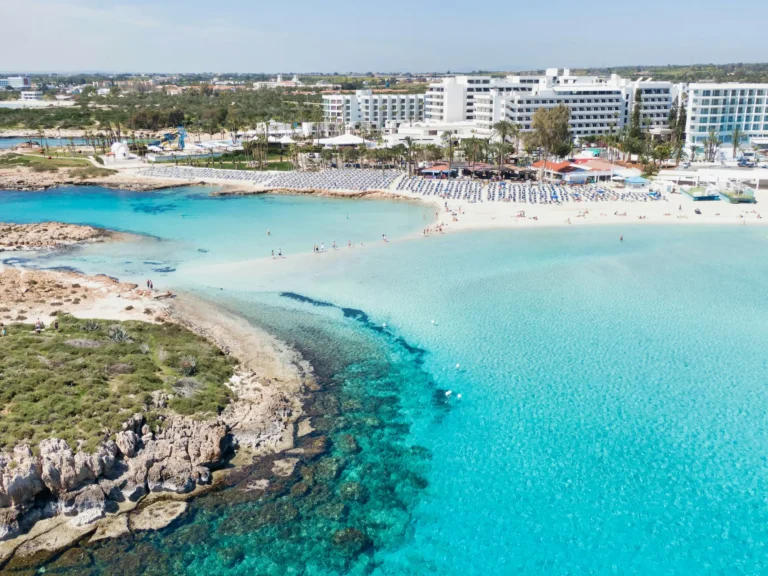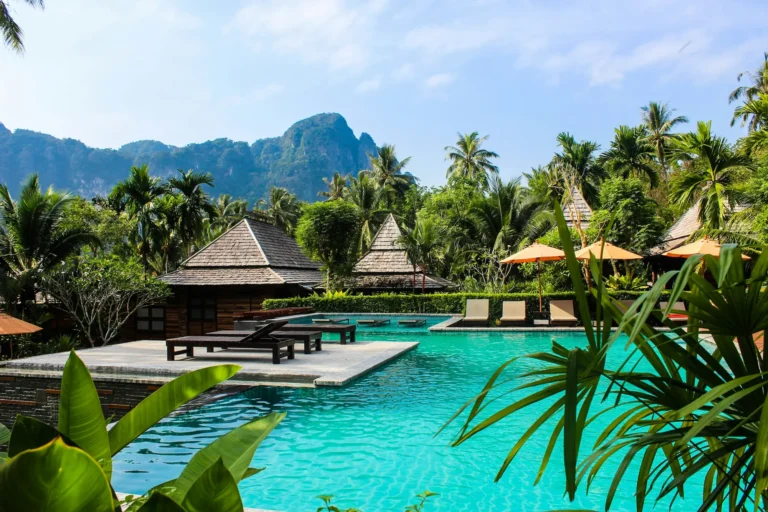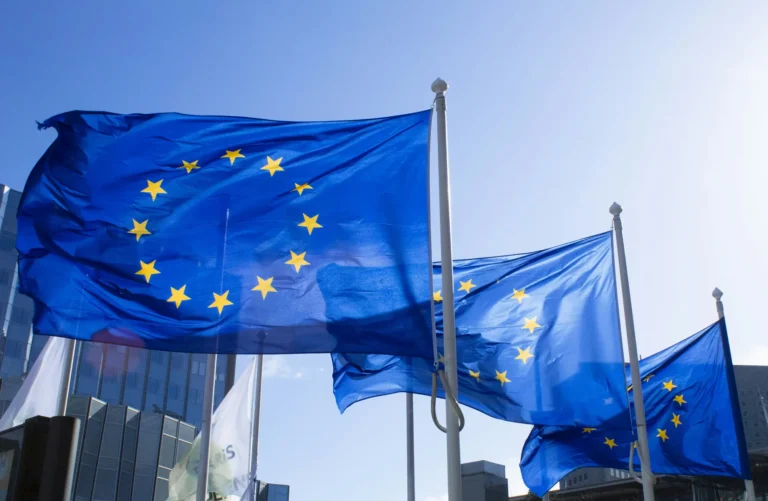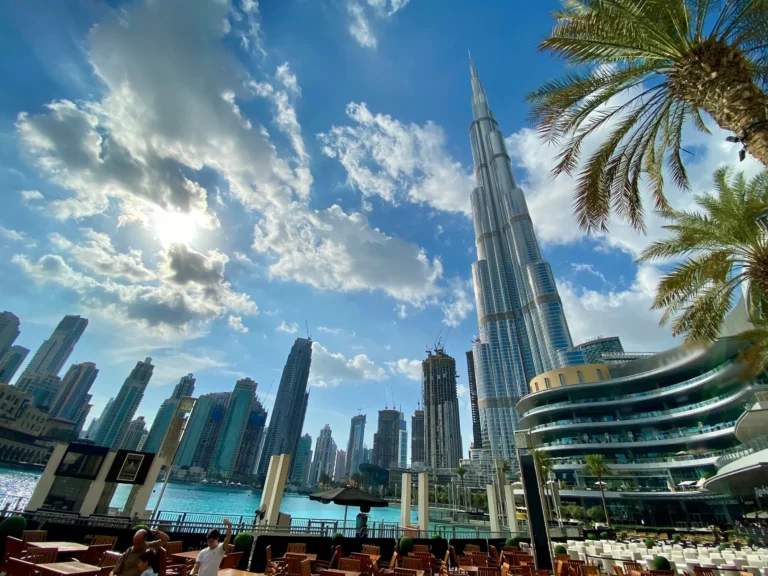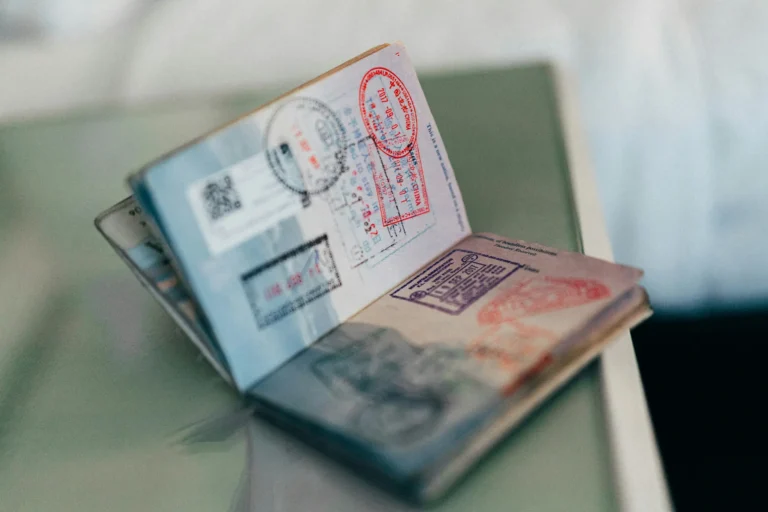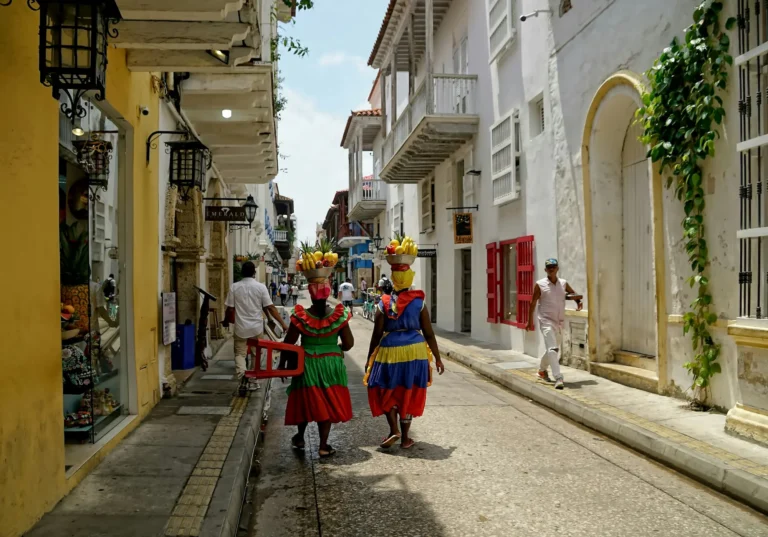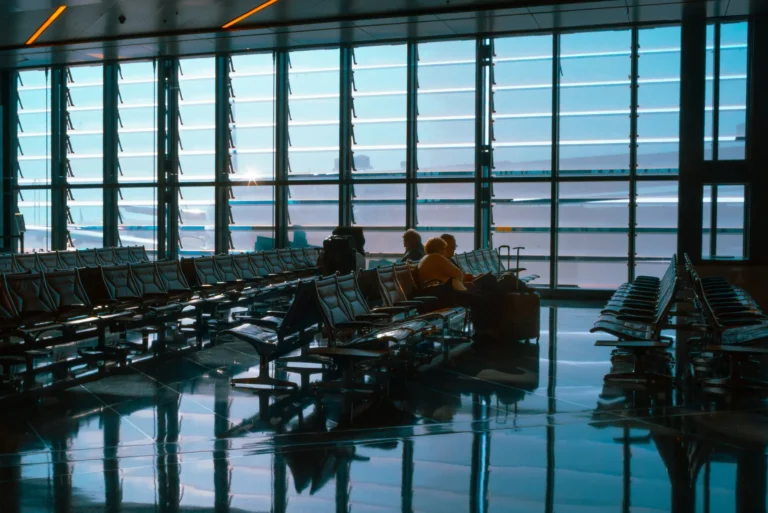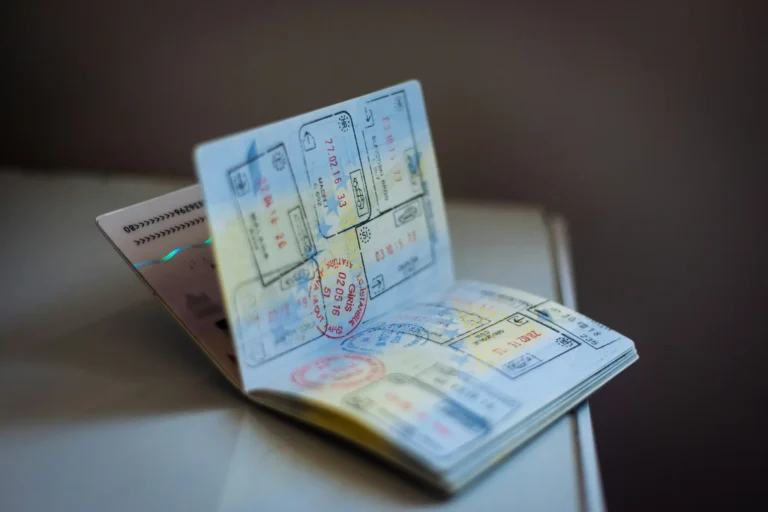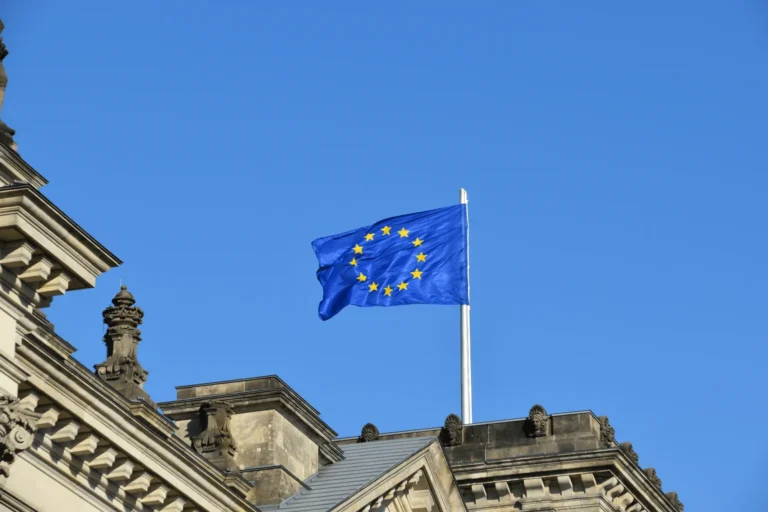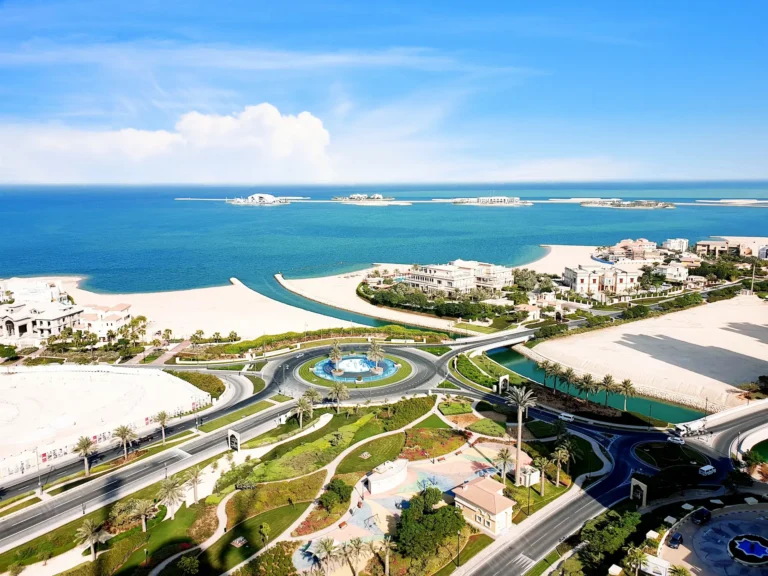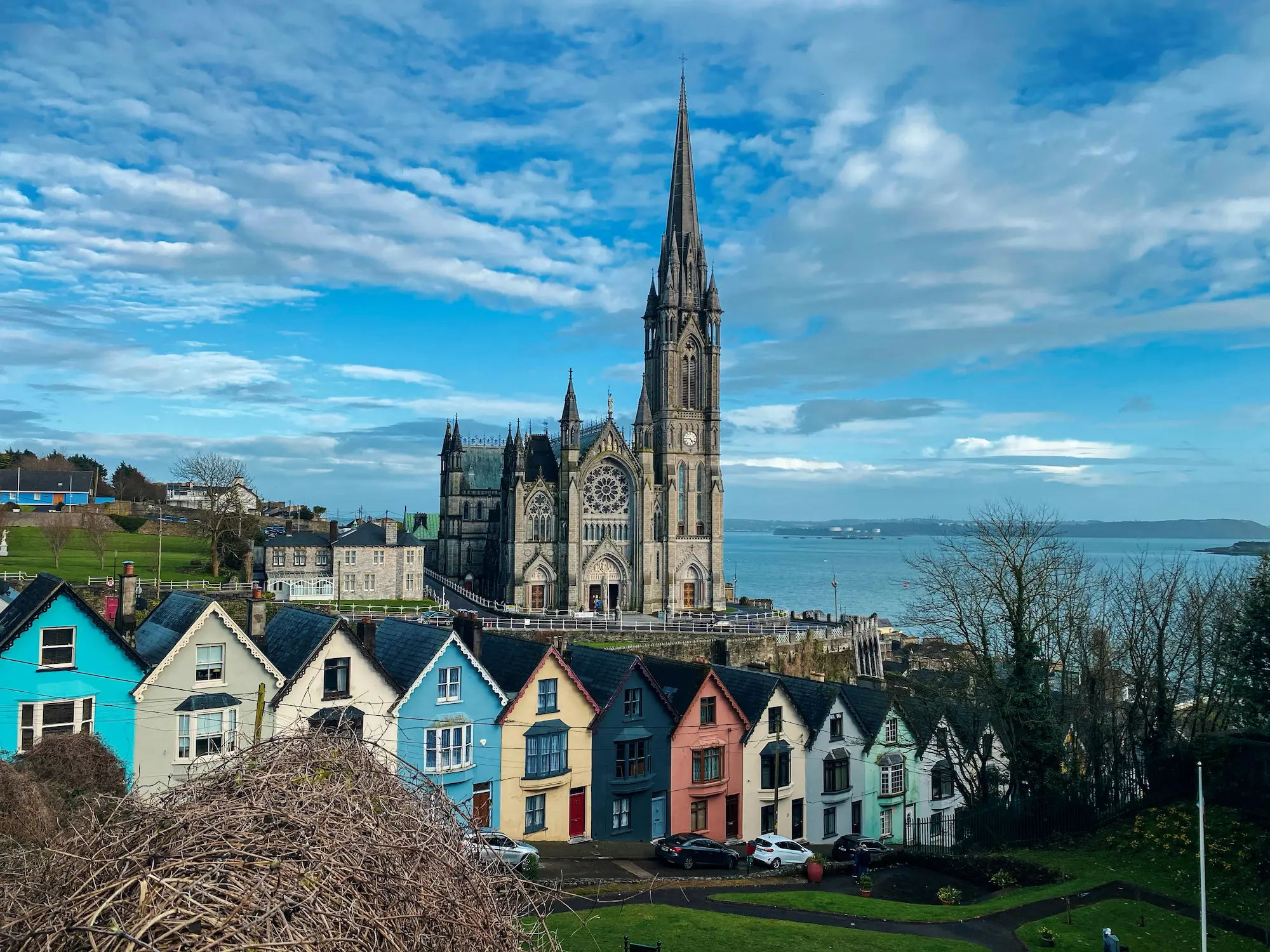
Dublin, the capital and largest city of Ireland, is not only a hub of culture, history, and technology, but also a perfect travel destination. If you're interested in Irish history, music, and nature — and want to be close to the headquarters of the world's biggest tech companies — then Dublin is an ideal choice. This city appeals to everyone from tourists to professionals in business and education.
Top Places to Visit in Dublin
Dublin is rich in must-see destinations for tourists. While exploring the city, you’ll experience both its historic and modern aspects at once. Here are some notable places to visit:
- Trinity College and the Book of Kells – One of Ireland’s oldest and most prestigious universities. Here, you can see the Book of Kells, an ancient Irish manuscript from the early Middle Ages, preserved at Trinity College.
- Guinness Storehouse – If you want to discover the famous Guinness beer, you should visit the Guinness Storehouse. You’ll learn about its history and production process — and even taste it right on the spot.
- St. Patrick’s Cathedral – The largest church in Dublin, it holds significant religious and architectural value. The cathedral also hosts exhibitions about Ireland’s national hero, Saint Patrick.
- Temple Bar – Dublin’s cultural and entertainment district. Here you can enjoy live Irish music, dancing, and sample local cuisine at various restaurants. Temple Bar is full of cozy cafés and art galleries, making it a great area for walking and socializing.
Popular Festivals and Events in Dublin
1. St. Patrick’s Day (March 17th) – Celebrated in the heart of Dublin with vibrant parades, music, and dancing. It's the perfect time to experience Irish culture and the warm hospitality of the locals.
2. Dublin Theatre Festival – One of the largest theatre festivals in the world, taking place mainly in September and October. The city comes alive with famous plays, innovative performances, and world-class artists. Both Irish and international works are showcased.
3. Bloomsday Festival – Held every year on June 16th, inspired by Irish writer James Joyce’s novel Ulysses. Participants follow the events of the book across the city, accompanied by various literature-related events and performances.
4. Dublin Pride – The largest event advocating for LGBTQ+ rights and equality in Ireland. The entire city comes together with colorful parades, music, and celebrations. It showcases an inclusive and progressive Irish society.
5. Temple Bar TradFest – The biggest festival dedicated to traditional Irish music. Musicians, dancers, and artists gather in the cultural heart of Dublin — Temple Bar. It’s a wonderful opportunity for those who love Irish folklore and music.
Dublin: Home to the World’s Leading Companies!
Dublin has significantly strengthened its status as Ireland’s economic and technology hub in recent years. The city has become a center that attracts some of the world’s biggest tech companies. Giants like Microsoft, Google, Apple, Facebook, and others have established their European headquarters in Dublin. Their presence has also boosted the city’s startup ecosystem. That’s why Dublin is an excellent choice for business trips and conferences. The city also offers a perfect environment for startups, with tax incentives and creative opportunities available.
Əlbəttə! Aşağıda blogun strukturunu dəyişmədən, H1, H2, H3 kimi başlıqları qoruyaraq ingilis dilinə tərcümə edilmiş versiyasını təqdim edirəm. Rahat copy-paste üçün HTML kodları çıxarılıb:
Best Time to Travel to Dublin
The best time to travel to Dublin is from May to September. During this period, the weather is better, the days are longer, and numerous festivals await you. If you plan to go during the winter, be prepared for cold and rainy weather. However, this season is much calmer and less crowded with tourists.
Types of Irish Visas
You can realize your planned trip to Ireland by obtaining an Irish tourist visa. Reasons for applying for this visa type can include tourism, visiting family or friends, business trips, medical check-ups or treatment, short-term education, exchange programs, and many other temporary purposes. If you wish to study in Ireland for more than 90 days (such as undergraduate, master's, or Ph.D. programs), or if you plan to work permanently in an organization based in Ireland, you can also apply for an Irish national visa, provided you have an official invitation or acceptance letter from the relevant institution.
Irish Tourist Visa
The Republic of Ireland is a member of the European Union but is known as one of the countries not included in the Schengen Area.
The island of Ireland is divided into two parts. The south of the island is the Republic of Ireland, while the north belongs to the United Kingdom. Anyone wishing to travel to Northern Ireland must apply for a UK visa, not an Irish visa. Northern Ireland consists of the counties of Antrim, Armagh, Derry, Down, Fermanagh, and Tyrone. If someone plans to travel to the Republic of Ireland, then go to Northern Ireland, and return to the Republic of Ireland again, this means they need two visas: a UK visa and a multiple-entry Irish visa. A UK visa does not allow entry into the Republic of Ireland.
There are single-entry and multiple-entry types of Irish visas. You can also apply for a short-term visa that covers only your first trip or opt for multiple-entry and long-term visas. This depends on the purpose of your travel and the intervals between your trips.
Note that an Irish visa is usually granted in full accordance with the travel duration stated by the applicant in the application form and other submitted documents.
Document Checklist for Irish Visa Application
When applying for an Irish visa, you must submit the following documents:
- The original of your foreign passport and a copy of its first page
- If available, copies of previous visas and entry-exit stamps
- A copy of your national ID card
- Employment reference letter* and, if available, a salary card statement (for students, a reference letter from the educational institution*)
- A reference* and statement from a bank account in your name (details about the required amount are provided below)
- If available, copies of title deeds* of properties in your name and your car's registration document
- Proof of civil status* (If married, a copy of your marriage certificate; if you have children under 18, their birth certificates; if divorced, the divorce certificate)
- Two 3.5x4.5 cm photos with a white background
- Flight reservations for your trip
- Hotel reservations for your trip
- Travel insurance that fully covers your trip and has a minimum coverage of EUR 30,000
- Application form completed in English
- A printed confirmation of your appointment from the system
- If the visa is not for tourism but for a business trip, then an official invitation letter related to the job, event, or meeting
Documents marked with “*” must be submitted to the embassy in English. If you have obtained the original document in Azerbaijani, you must have each of these documents translated and notarized in English before submitting them to the embassy.
The required amount in your bank account depends on your declared travel dates, i.e., how long you will stay in Ireland, the cost of your booked flights and hotels, and other factors. In general, it is advisable to show a minimum of 3,500–5,000 AZN (or its equivalent in EUR or USD) in your bank account for a one-week trip. This amount should fully cover your travel plan. When calculating the amount, you can add up the cost of your flights and hotel bookings along with an average of 60–70 EUR per day for daily expenses and aim for a slightly higher amount than the total.
If you are self-employed, you can submit alternative documents instead of an employment reference letter (a copy of your TIN, a reference about your turnover from the Ministry of Taxes, and your company’s registration extract). If you are unemployed, a student, or if another person will cover your travel expenses, then the following documents must be submitted: a copy of that person’s ID card, their employment reference (or self-employment documents as listed above), a reference and statement from their bank account (this can be in your name or theirs), proof of your family relationship (e.g., your birth certificate if it's your parent, both birth certificates if it's a sibling, etc.), and a letter of sponsorship. If the applicant is under 18 years old and traveling alone, or traveling with one parent, written consent from both parents or the non-accompanying parent must also be submitted with the visa application.
Note that if you are submitting documents such as TIN, turnover references, company registration extracts, sponsorship letters, or parental consent forms… (the sentence is incomplete; let me know if you'd like to continue it or edit further).
Visa Procedure
Visa applications for the Republic of Ireland are submitted through the VFS Global Ireland visa center located in Azerbaijan. Ireland does not have a diplomatic mission in Azerbaijan; therefore, the decision is made by the consular section of the Embassy of the Republic of Ireland located in neighboring Turkey. The responsible authority for immigration and visa matters in Ireland is the Irish Naturalisation and Immigration Service (INIS).
To submit your documents, you can schedule a visa appointment during weekdays by contacting the Ireland VFS Global visa application center at +994 12 310 57 09.
Booking an appointment in advance is mandatory for document submission.
Applicants can apply up to 3 months before the planned travel date. The processing time depends on the visa type and the workload of the embassy and the visa office in Dublin. It is strongly recommended to apply as early as possible. The latest you should apply is at least 8 weeks before your trip. The visa procedure generally takes 15-25 days.
The visa fee is 128 AZN for a single-entry visa and 213 AZN for a multiple-entry visa. The service fee of the visa center is 64 AZN. Since the documents are sent to the Embassy of Ireland in Ankara after submission, an additional courier fee of 139 AZN is charged on top of the visa fee and service fee.
Possibility of Getting an Irish Visa
As with applications to all embassies, your chance of obtaining an Irish visa depends on the strength of your profile. Having a stable job and a good position, a monthly salary above the average range (in practice, even people with a monthly income of 600–700 AZN have obtained visas), showing enough funds in your bank account to cover your entire trip, having strong ties to your country (such as owning property, having a family and children), and having a good travel history all increase your chances of obtaining an Irish visa.
For individuals with no prior travel history (i.e., no previous Schengen or other visas), applying for an Irish visa is considered risky. However, if other aspects of your profile are strong (as listed above), you may still have a chance of getting the visa even without a travel history. Nevertheless, having a good travel history significantly increases your chances of obtaining an Irish visa.
Visa Support for Ireland
You can click here to place your order or contact us at 010/50/55-3000135 for more information.


